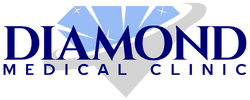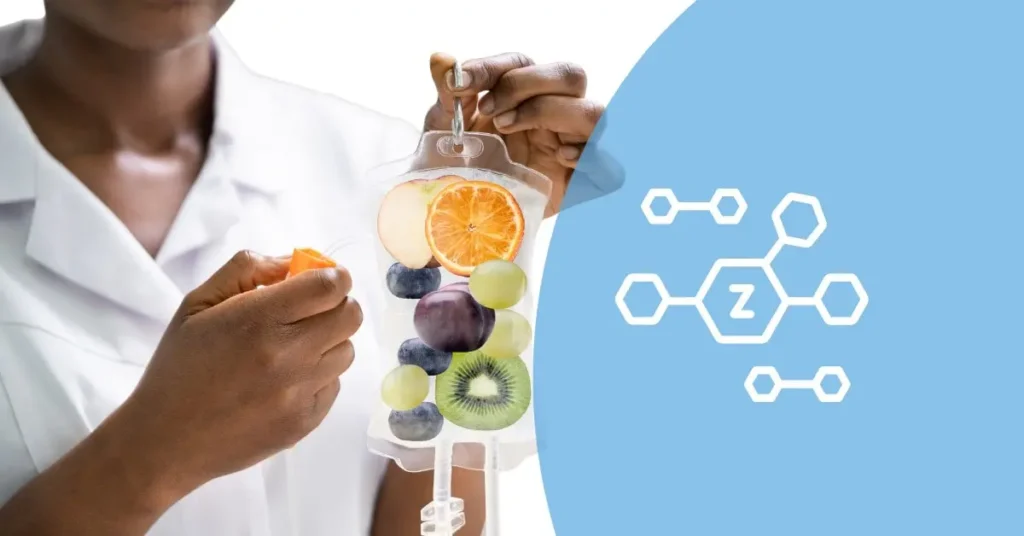The MANY ZINC Benefits
Zinc is a trace mineral that is essential for many bodily functions. It is involved in the production of proteins, DNA, and RNA. It also helps to regulate the immune system, wound healing, and taste.
Some of the health benefits of zinc include:
Boosting the immune system.
Zinc is a powerful antioxidant that helps to protect cells from damage. It also helps the body produce white blood cells, which are essential for fighting off infection.
Wound healing.
Zinc is necessary for the production of collagen, a protein that helps to keep tissues strong and healthy. This makes zinc essential for wound healing.
Maintaining healthy skin.
Zinc is also important for maintaining healthy skin. It helps to protect the skin from damage caused by the sun and pollution.
Supporting eye health.
Zinc is involved in the production of melanin, a pigment that helps to protect the eyes from damage.
Lowering the risk of heart disease.
Some studies have shown that zinc may help to lower the risk of heart disease. This is thought to be due to zinc’s role in the production of proteins, which are important for maintaining healthy blood vessels.
Protecting against age-related macular degeneration (AMD).
AMD, or age-related macular degeneration, is a leading cause of blindness in older adults. Some studies have shown that zinc may help to protect against AMD.
Reducing the risk of stroke.
Some studies have shown that zinc may help to reduce the risk of stroke. This is thought to be due to zinc’s role in the production of proteins, which are important for maintaining healthy blood vessels.
Zinc Recommendations
The recommended daily intake of zinc for adults is 11 milligrams for men and 8 milligrams for women. However, some people may need more zinc, such as those who are pregnant or breastfeeding, or those who have certain medical conditions.
Natural Zinc Sources
Good sources of zinc include:
- oysters
- red meat
- poultry
- beans
- nuts
- seeds
Zinc is also added to some breakfast cereals and fortified foods.
Zinc is a mineral that is essential for many bodily functions. However, many people do not get enough zinc in their diet. If you are concerned about your zinc levels, talk to your doctor. They can recommend a blood test to check your levels and advise you on whether you need to take supplements.
More Zinc Benefits
Here are some additional benefits of zinc that matter to most patients:
Improving cognitive function.
Zinc is important for cognitive function, such as memory and attention. A deficiency in zinc can lead to cognitive decline.
Boosting energy levels.
Zinc is involved in the production of energy, so a deficiency can lead to fatigue.
Reducing stress.
Zinc helps to reduce the levels of the stress hormone cortisol. This can help to improve mood and reduce anxiety.
Relieving headaches.
Zinc can help to relieve tension headaches and migraines.
Conclusion
If you are looking to increase your zinc intake, there are a few things you can do. First, make sure to include zinc-rich foods in your diet. Some good sources of zinc include oysters, red meat, poultry, beans, nuts, and seeds. You can also take zinc supplements. However, it is important to talk to your doctor before taking zinc supplements, especially if you have any underlying health conditions.
Return to IV Drip Page by clicking the button:

